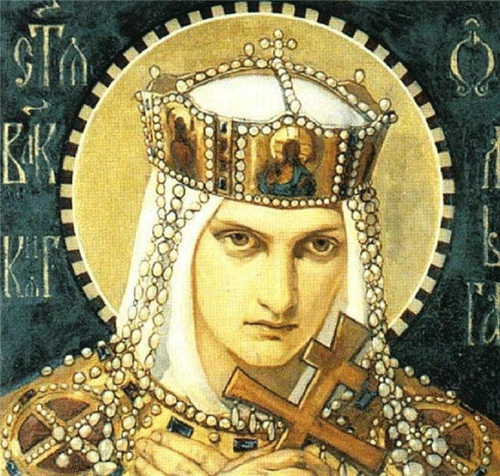|
There are quite a few controversial opinions about Halloween. Many Christians are firmly against the holiday and believe it to be evil, and many others don't mind it at all. Is it an evil holiday or does it make a contribution? There is definitely a bit of truth in saying that Halloween originated from a pagan feast. In pre-Christian Europe, the Celts celebrated the festival of Samhain, who was considered the god of death. The feast began on the eve of November 1st, which was considered to be the first day of the year. The Celts believed that the souls of the deceased would return to their respective households and linger there until the end of the festival. Stories about Druids knocking on people's doors asking for people to sacrifice via a "trick or treat" are reported by Julius Caesar in his book about the conquest of Gaul. The idea behind trick-or-treat comes from the legend that a soul who died in a state of sin returned to the earth as an animal, and could only be freed if there was a human sacrifice. It is also believed that Celts wore scary costumes, to hide from evil spirits and to signify the release of the souls from their animal forms. When the Catholic feast of All Souls was inaugurated on November 1st in the eighth century, the idea was that the veil separating heaven, purgatory, hell and earth becomes thinner, and that the souls in purgatory and demons from hell can be more readily seen. The feast of All Souls partners with the feast of All Saints. Recent horror films and the rise of Wiccanism and Satanism give Halloween a bad reputation. We need to understand the reality of evil and protect ourselves from it, say our prayers, and tie Halloween in to the vigil of All Saints as was intended. ALPHA COMES TO MIRAMAR - NO QUESTION ABOUT OUR FAITH IS A SILLY QUESTION. ALL QUESTIONS HELP US TO BUILD A DEEPER UNDERSTANDING. ALPHA IS A GREAT PLACE TO LEARN ABOUT OUR FAITH. After successful Alpha programmes at St Anthony’s and St Patrick’s earlier this year, Alpha starts at Holy Cross at 7.30pm on Tuesday 18 October. The programme is being run by Dave Monastra and a band of helpers. Please call or txt Dave on 027 4477280 to enrol.  FROM GARDEN TO TABLE The garden to table programme at Holy Cross School means everybody gets to learn how food is grown. It is also a chance to learn to cook. In a "Mystery Box" challenge last week Holy Cross chefs combined pizza dough and bits from the garden. The result was yum. Awesome efforts Rooms 3 and 6!  ST OLGA St Olga fits right in there with the subject of Halloween, because some of her actions before she converted to Christianity were rather ... scary. She was born around 890 and married Prince Igor, who became ruler of Kievan Rus. When her husband was killed Olga became regent, and had support of the Kievan Rus army. The tribe that killed her husband wished Olga to marry their prince. They sent ambassadors to negotiate, but Olga had them buried alive. Next, Olga requested that the tribe send her better suitors, and when they arrived she locked them in a bathhouse and set them on fire. Then she allegedly killed 5,000 at a feast held in her honour when she visited the tribe to complete her husband's mission of collecting their tithes. One of the cities still refused to pay their taxes, instead offering goods such as fur and honey. Olga instead requested three sparrows and three pigeons from each household. Olga gave to each soldier in her army a pigeon or a sparrow, and ordered them to attach by thread to each bird a piece of flammable sulfur bound. When night fell, Olga bade her soldiers release the pigeons and the sparrows. So the birds flew to their nests, the pigeons to the cotes, and the sparrows under the eaves. The dove-cotes, the coops, the porches, and the haymows were set on fire. There was not a house that was not consumed, and it was impossible to extinguish the flames, because all the houses caught on fire at once. The people fled from the city, and Olga ordered her soldiers to catch them. Thus she took the city and destroyed it. So why is Olga a Saint? Well, Kievan Rus was initially a pagan society, but Olga changed that and was baptised somewhere between 945 and 957. She then kept a Catholic priest beside her at all times. So in spite of her un-Christian actions prior to her conversion, Olga was canonised because on conversion she strived to forge a Christian nation, showing that no matter how harsh our past we can change. Her message is that we should not let the past compromise our future. THIS MONTH'S SUNDAY READINGS (press play to view the video)
2 Comments
|
SHARINGIf you have news and views to share please email them to: [email protected] Archives
December 2018
Categories |

 RSS Feed
RSS Feed